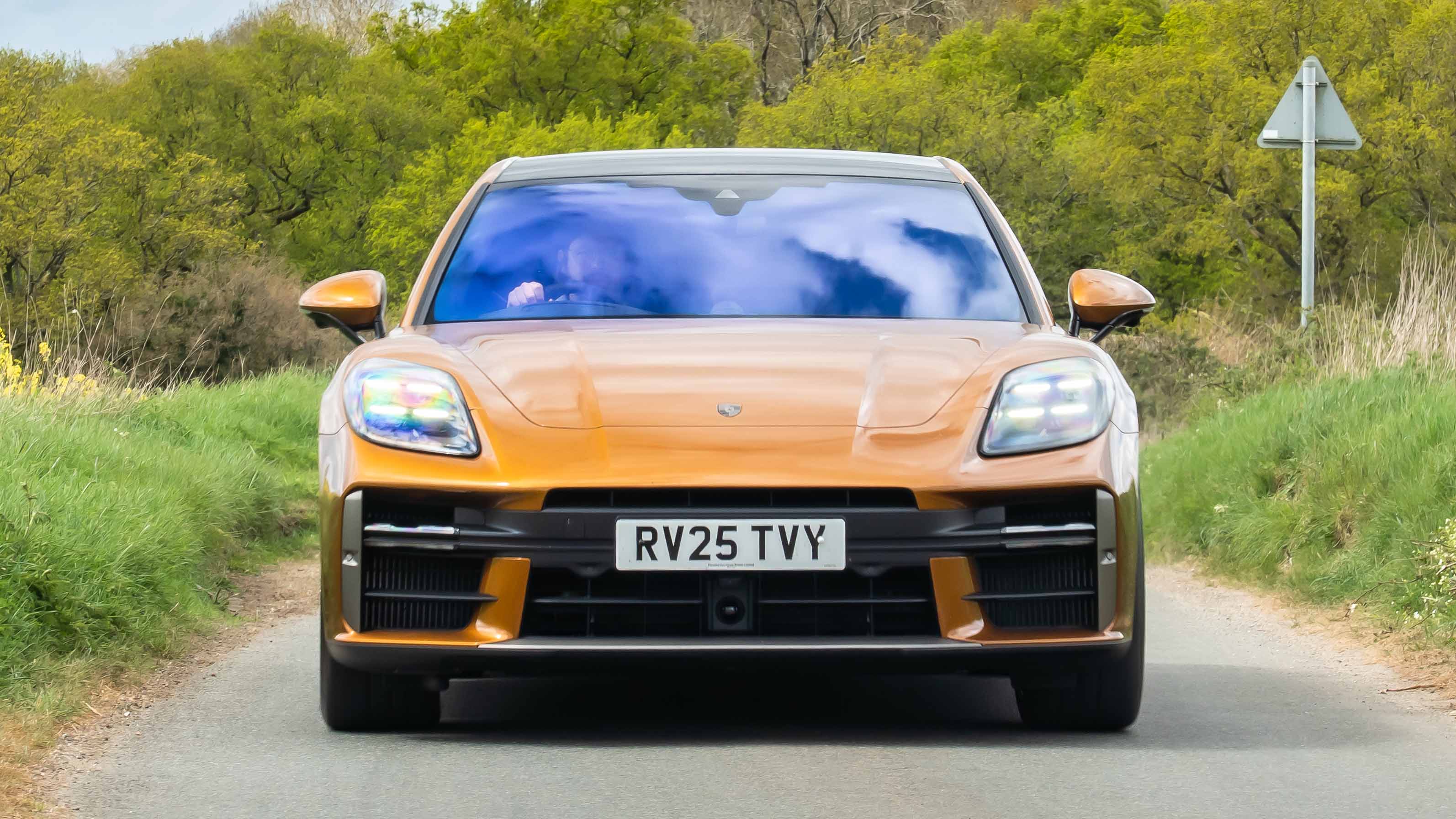
Buying
What should I be paying?
Quite a lot, in case you haven’t got the message yet. With RWD and a non-hybrid V6, prices for the Panamera start at £89,400.
But of course that's not what you'll actually pay, because as usual with Porsche the range of options is staggering and many are tempting. Others are near-essential, f'rinstance adaptive cruise control at £1,274, or any colour that isn't white or black costing at least £1,000. We'd like a nice light-coloured interior too, although that would cost over £3,000.
The configurator really is a rabbit-hole that'll swallow your entire morning. Aluminium-look fuel filler cap for £113, anyone? The powertrain steps are first consideration though. Your entry-level car is the only RWD Panamera, and it's another £3,000 to switch to a Panamera 4. But as these aren't very quick, you might well want another 116bhp, which comes with the 4 E-Hybrid. It starts at £91k but it brings huge tax advantages because it's around 30g/km depending on spec.
Now you're into the E-Hybrid models (4 and the more powerful 4 S) where you have the option of the active ride at £6,978. After that there's the £131,700 Panamera GTS complete with sporty touches and a 493bhp V8, but no option for the active suspension.
You can have that fancy system on the £151,500 Turbo E-Hybrid, though, and it actually comes as standard on the 771bhp, 202mph Turbo S E-Hybrid. That takes 2.9 seconds to reach 62mph and costs from £175,100.
Lease rates for 8,000 miles a year and six months down start at around £1,000 a month for the base car and are likely to rise to over £2,000 for a Turbo S. Warranty is three years unlimited mileage. Battery warranty is eight years for 'manufacturing defects' but the small print specifically says it doesn't cover 'reduced capacity' degradation, so what's the use of that?
Featured

Trending this week
- Car Review
BMW 1 Series
- Top Gear's Top 9
Nine dreadful bits of 'homeware' made by carmakers






